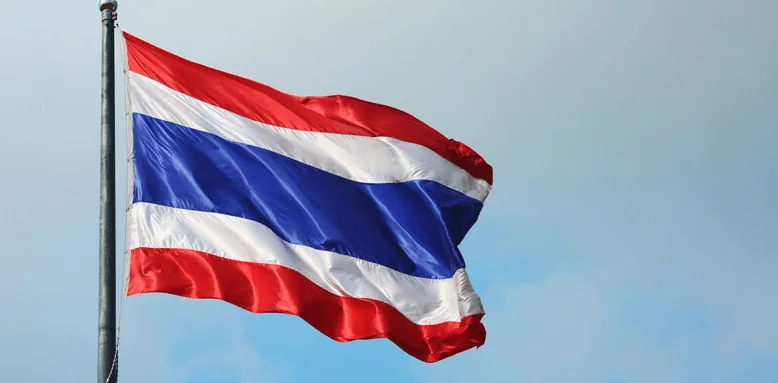The digital wallet program aiming to distribute 10,000 baht ($274) to Thai citizens over 16 years and stimulate the economy has been delayed, prompting the opposition to demand a probe by the country’s electoral commission.

According to the Bangkok Post, Thailand’s deputy finance minister, Julapun Amornvivat, announced that the scheduled launch of a new digital wallet in February 2024 has been delayed to allow more time for the system’s development.
The Thai government plans to use the wallet to distribute 10,000 baht to qualified citizens to stimulate the local economy.
A statement from Amornvivat emphasized the government’s desire for additional time to ensure the security of the system underlying the digital grant wallet while reiterating that its launch will still occur in the first quarter of 2024.
According to reports from the country, the subcommittee in charge of the program is still discussing the scheme’s funding source. The digital wallet initiative of the Pheu Thai Party is estimated to cost $15 billion, or 548 billion baht.
The government had previously projected that the program would stimulate economic growth by 5% the following year. Amornvivat suggested that tax revenue from increased economic activity would help finance a portion of the program’s cost.
Former Thai senator Rosana Tositrakul has asked the election commission to investigate the legality of the proposed scheme due to her outspoken opposition to it.
Tositrakul has questioned the program’s legality because the Thai government is contemplating using its national budget to finance the digital handout.
Tositrakul is also concerned about the possibility of incurring debt to pay for the initiative, which has prompted him to raise doubts about the initiative’s legality.
